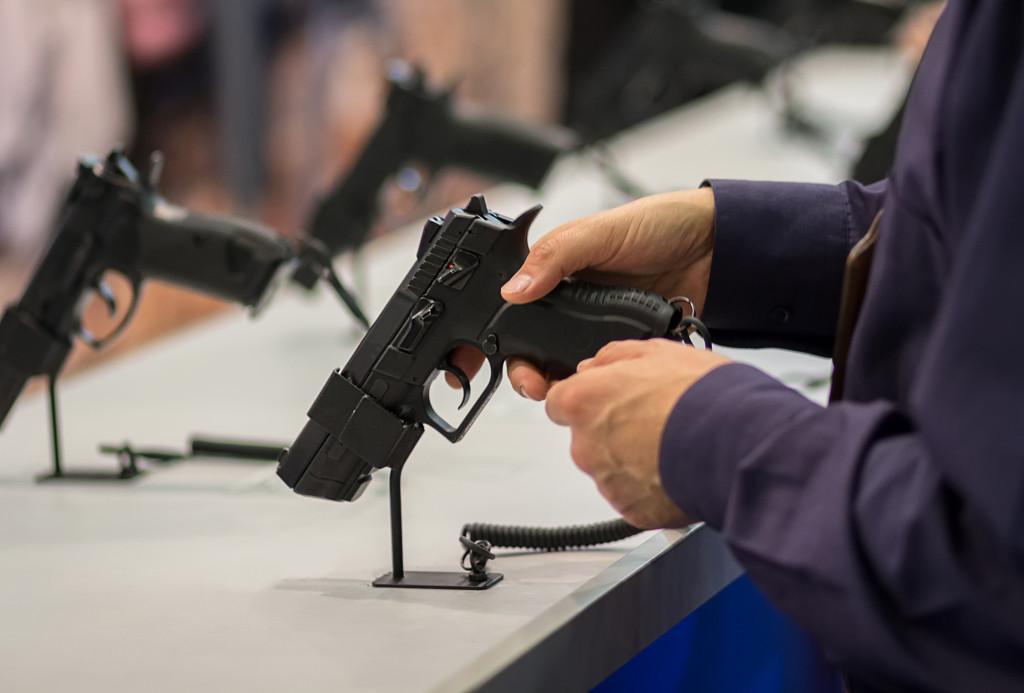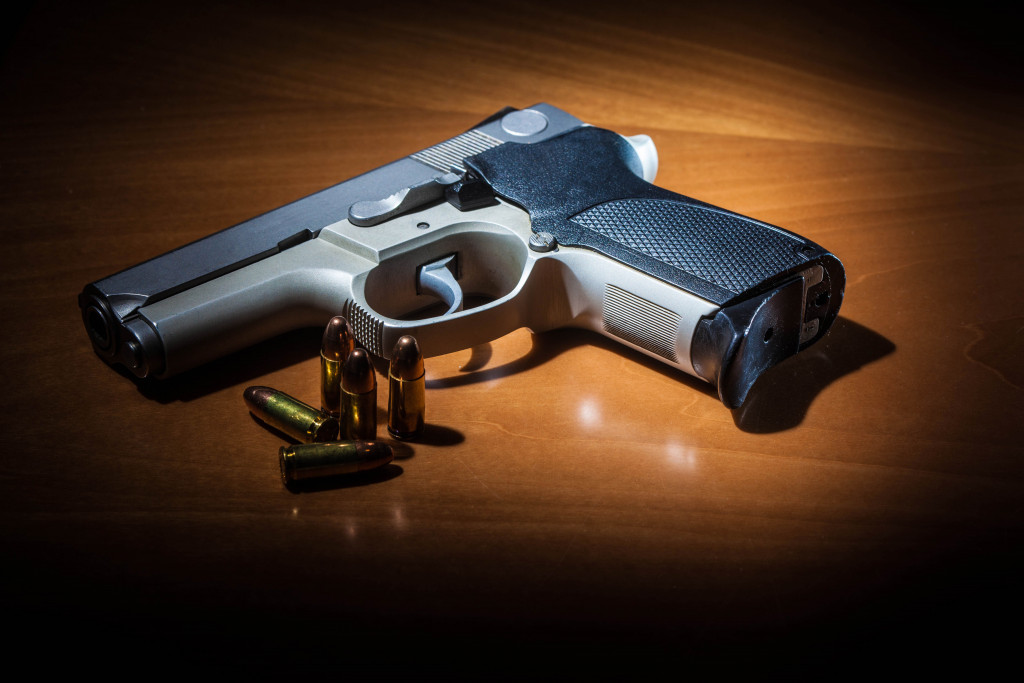The United States has a long history of regulating firearms. The Second Amendment to the Constitution protects the right of Americans to keep and bear arms, but this right is not absolute. Over the years, Congress has passed many laws that limit who can own firearms and what kinds of firearms they can own.
Today, there is a growing movement to regulate firearms more stringently. This debate has been spurred by high-profile mass shootings, such as those in Las Vegas, Nevada; Orlando, Florida; and Parkland, Florida. Proponents of stricter gun control laws argue that these tragedies could be prevented if it was harder for people with mental health issues to obtain firearms. Conversely, opponents of stricter gun control laws argue that such regulations would infringe on the rights of law-abiding citizens and do nothing to prevent criminals from obtaining firearms.
As firearms become more regulated, people and businesses who practice the Second Amendment are affected. Here’s what you need to know about the regulation of firearms in the United States.
Are Firearms Dangerous?
There will always be the question of whether firearms are dangerous. It is a valid question because there are many cases where people have been killed or injured by guns. The answer to this question depends on who you ask. However, statistics can bring new light to this statement.
Among the odds of death in the United States, assault by firearm is ranked number seven, while death due to accidental discharge is rated much lower, at number twelve. The country’s two highest leading odds of death are still drug poisoning and vehicular accidents. However, this does not discount the danger of firearms. But it shows that people are more likely to die in other ways than by guns.
The National Rifle Association (NRA) is one of the most potent pro-gun rights lobbies in the United States. The NRA has long argued that guns are not the problem, but people are the problem. The NRA argues that it is not guns that kill people but people who kill them. The NRA claims that the answer to gun violence is not stricter gun control laws but more effective enforcement of existing laws and better mental health care.
The other side of this debate is led by groups such as Everytown for Gun Safety, a gun control advocacy group. This organization was founded in 2014 in response to the Sandy Hook Elementary School shooting. Everytown for Gun Safety argues that guns are the problem and that stricter gun control laws are needed to prevent gun violence.

Background Checks
One of the most common proposals for stricter gun control is universal background checks. Under current law, federal law requires licensed firearms dealers to conduct background checks on prospective buyers. However, there are many loopholes in this system. For example, unlicensed sellers, such as those who sell firearms at gun shows, are not required to conduct background checks.
Universal background checks would close these loopholes and require all sellers, regardless of whether they are licensed dealers, to conduct background checks on prospective buyers. Proponents of universal background checks argue that this would make it more difficult for criminals and people with mental health issues to obtain firearms. Opponents of universal background checks say that this would infringe on the rights of law-abiding citizens and do nothing to prevent criminals from getting firearms.
Insurance
A more controversial regulatory procedure is planned to implement mandatory insurance for gun store owners. Insurance has been known to prevent the cost of accidents and the accidents themselves. The same logic is being applied to gun stores. An excellent CGL insurance policy for a gun shop can ensure that gun shop owners have the necessary insurance to cover any accidents that might happen in-store. It’s essential for those with target ranges in their stores or where shooting could occur on the premises.
The idea behind this regulation is to make gun store owners more accountable for their customers’ safety and regulate the use of firearms within the premises.
Age Limits
Another proposal for stricter gun control is to raise the age limit for purchasing firearms. Under current law, the age limit for buying a rifle or shotgun is 18. The age limit for purchasing a handgun is 21 years old. Proponents of raising the age limit argue that this would highly prevent the misuse of firearms by those part of the younger audience.
While many proposals for stricter gun control, regulating firearms is a heated and polarizing issue. However, gun regulations can undoubtedly help reduce gun violence in the United States. But if only people are willing to follow them.



